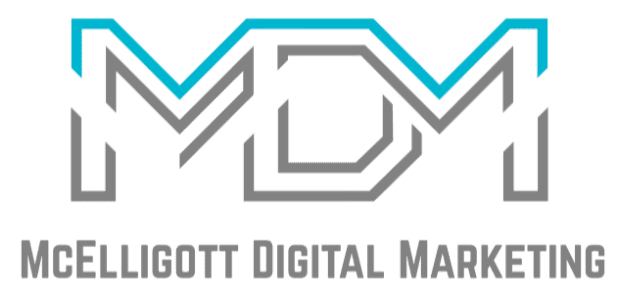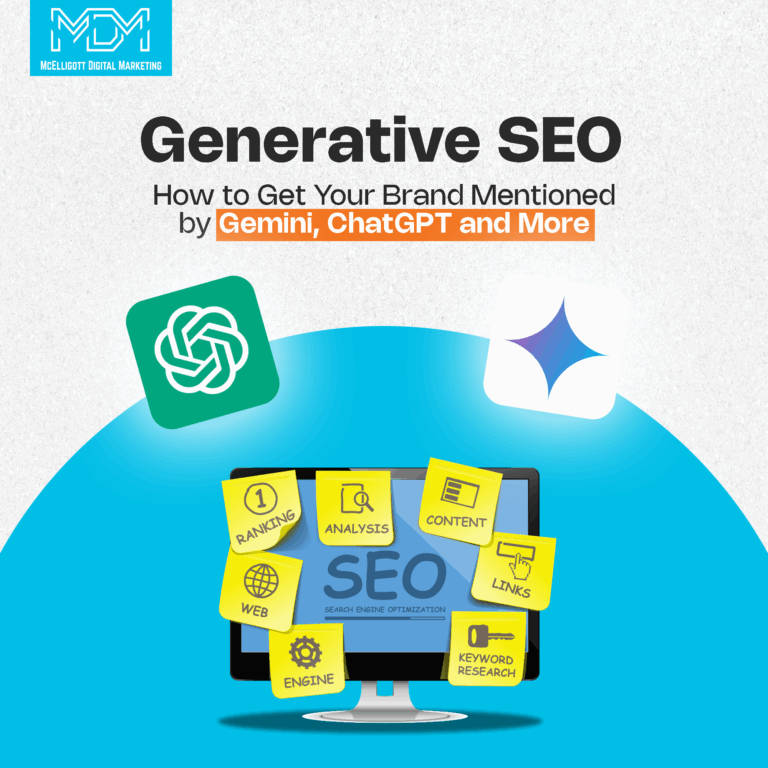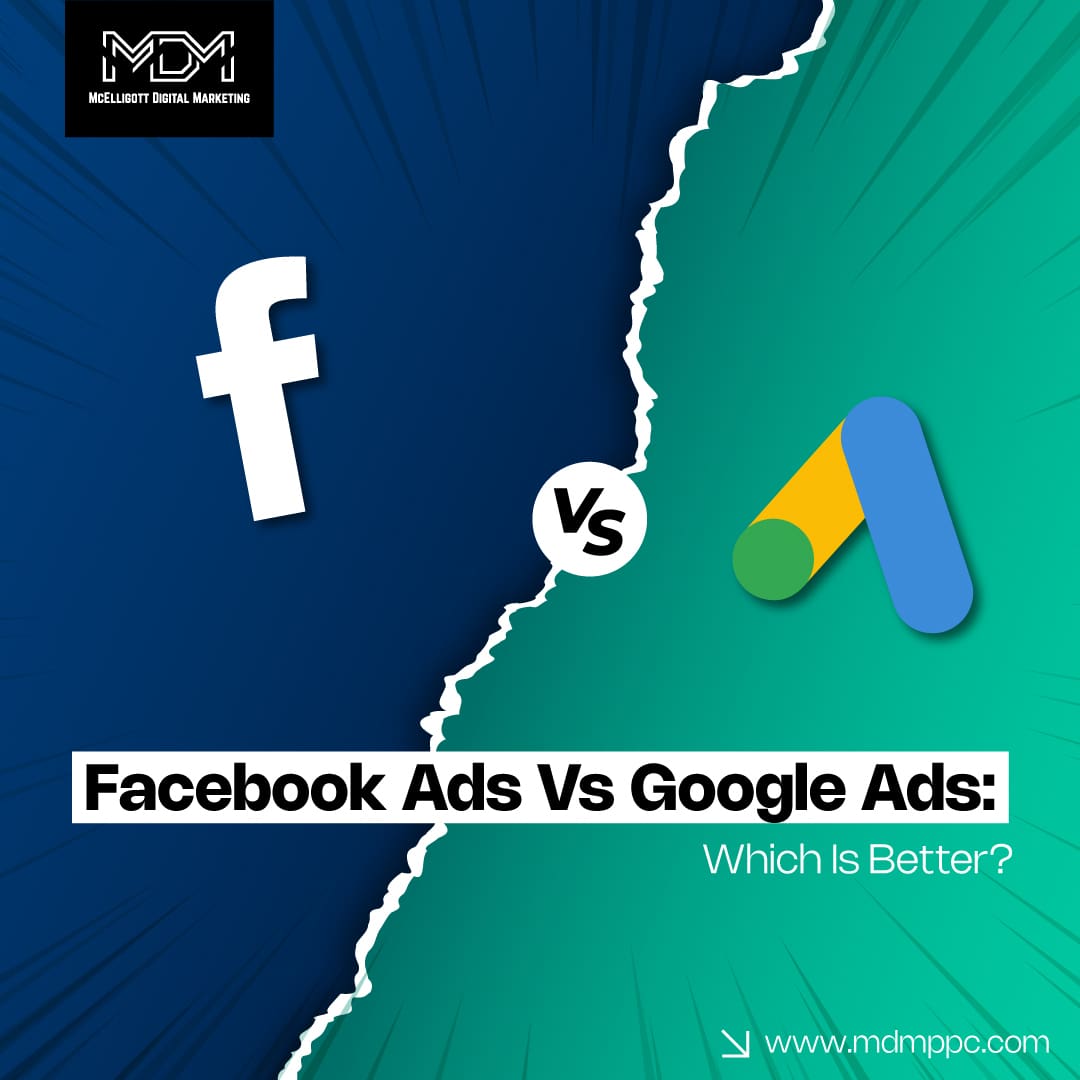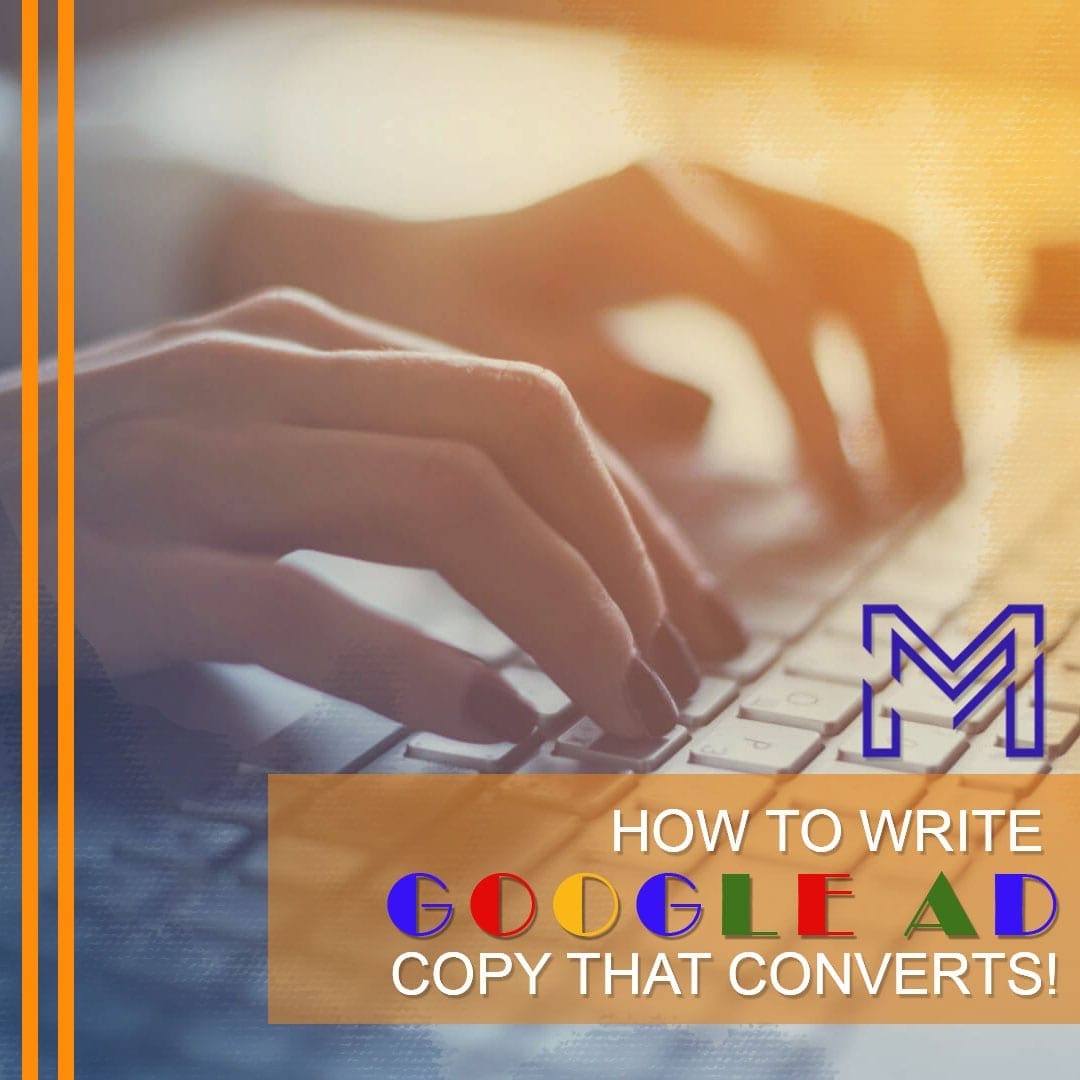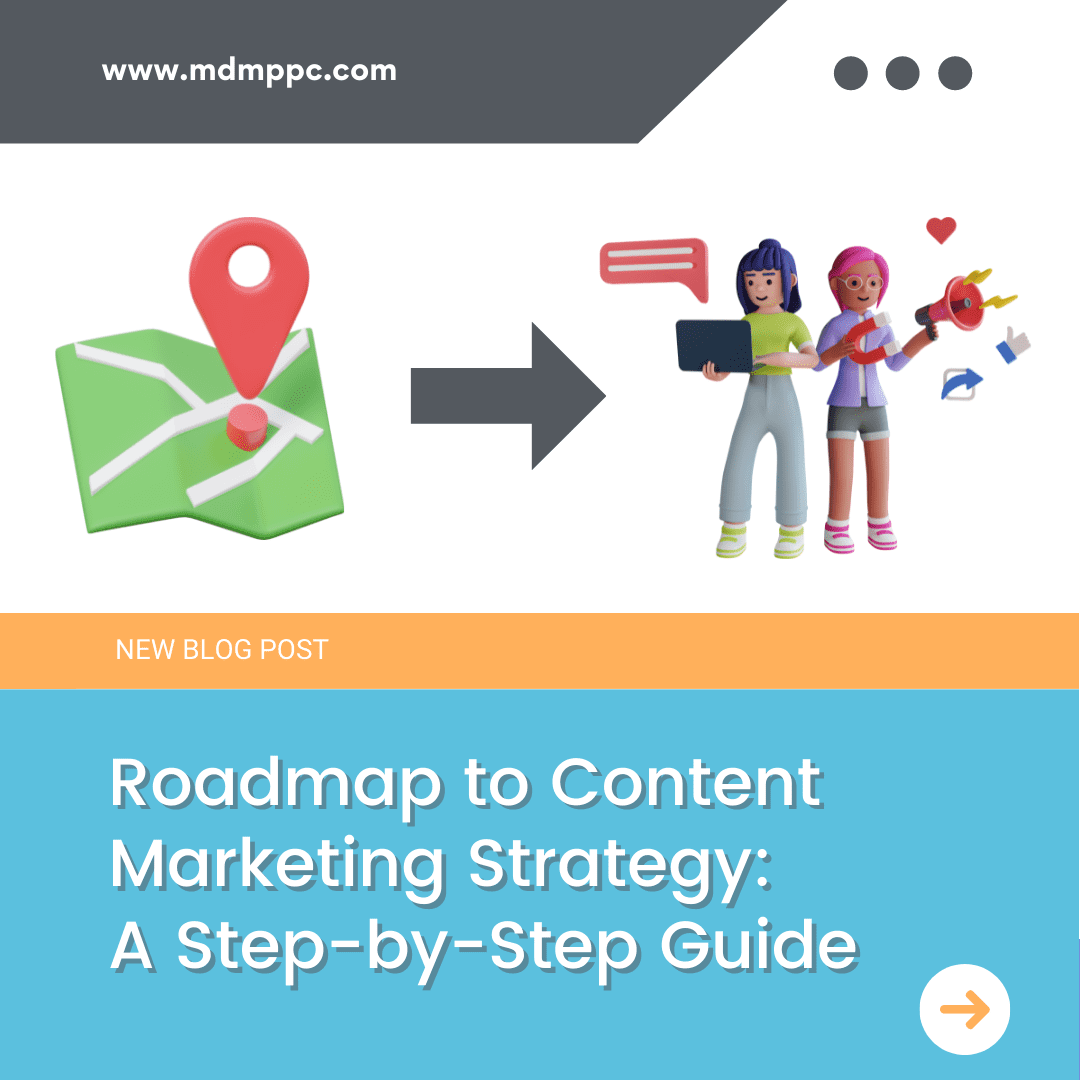Have you ever asked ChatGPT or Gemini to suggest a tool or brand? Did you notice that some brand names appear again and again?
This is not a coincidence. These brands have made themselves easy to find, not just by Google, but also by AI tools like ChatGPT, Gemini, Claude, and Perplexity.
Welcome to the world of Generative SEO.
Traditional SEO focuses on getting your website on top of search engines like Google or Bing. But Generative SEO is different. It focuses on making sure your brand shows up in AI-generated answers.
AI tools are quickly becoming the new way people search for information. People ask questions, and the AI gives direct answers. If your brand is not part of these answers, you are missing a big opportunity.
In this blog, you’ll learn what Generative SEO means, how AI tools pick which brands to mention, and how you can make your brand appear in these answers.
Let’s get started.
What is Generative SEO?
Generative SEO(Search Engine Optimization) is about getting your brand mentioned in answers created by AI tools like ChatGPT, Gemini, and others.
It’s different from traditional SEO. Traditional SEO helps your website rank high in search engines. But Generative SEO helps your brand get included in AI-generated replies.
These replies come from large language models (LLMs). They don’t always show links like Google. Instead, they give direct answers. So, the goal is to get your brand name inside those answers.
For example, if someone asks, “What’s the best app for writing?” and ChatGPT says “Grammarly,” that’s Generative SEO in action. Grammarly is showing up because the AI knows and trusts that brand.
Generative SEO focuses on-
- Making your brand easy to find by AI,
- Sharing trusted, clear, and useful information,
- Being part of websites and content that AI models use to learn.
It’s a new way of thinking about visibility. Not just being on the first page of Google, but being in the first sentence of an AI’s reply.
How do AI tools like ChatGPT & Gemini source brand mentions?
AI tools like ChatGPT, Gemini, Claude, and Perplexity answer questions using huge amounts of data. But how do they decide which brand names to include in their answers?
Let’s break it down.
1. AI learns from the internet
When AI is trained, it reads websites, news articles, blogs, and forums. If your brand is mentioned often on trusted websites, the AI learns about it. The more it sees your brand, the more it remembers it.
That’s why brands like Grammarly or Notion show up often.
2. AI uses trusted sources
AI tools trust certain websites more than others. These include-
- Wikipedia
- Big news websites (like BBC, Forbes, The Verge)
- Government or university sites
- Popular blogs with expert content
If your brand is mentioned on these sites, AI is more likely to trust it.
Also read: How to make Google love your AI content?
3. AI answers based on patterns
When you ask AI a question like, “What’s the best time-tracking tool?”, it looks for
- Brands that are mentioned often with good reviews
- Brands that have guides, FAQs, or helpful articles
- Brands linked with certain topics (like “design” + “Canva”)
This is called semantic association. It means the AI connects your brand with certain words or ideas.
4. Some AI tools use live web search
Tools like Perplexity and sometimes Gemini check the internet in real time. If your brand is ranking well or being talked about right now, it will show up in their replies.
Let’s say you created a task management app. If your app is reviewed by a tech site, mentioned on Reddit, and listed on Wikipedia, it has a good chance of being picked by AI tools when someone asks for “best task manager apps.”
Why getting mentioned by AI matters for your brand?
Getting your brand mentioned by ChatGPT, Gemini, or other AI tools is a big deal. Here’s why.
1. People trust AI answers
Many people now ask AI tools for advice. They trust the answers they get. If your brand is part of those answers, people will see it as trustworthy, too.
2. It builds brand awareness
When AI mentions your brand often, more people hear about it. Even if they don’t click a link, they remember the name. That helps build awareness without spending on ads.
3. You get ahead of competitors
Let’s say someone asks ChatGPT for the “top marketing tools,” and your competitor gets mentioned, but you don’t. That means they may get the customer, not you.
Being mentioned by AI helps you stay ahead in a competitive market.
4. It’s the future of search
AI is changing how people search online. They want direct answers, not long lists of links. If your brand is not showing up in AI answers, you may lose traffic and trust over time.
Core elements of a generative SEO strategy
Now that you know what Generative SEO is and why it matters, let’s talk about how to do it.
Here are the main steps to take to make sure your brand shows up in AI-generated answers.
1. Get mentioned on high-authority websites
AI tools trust content from strong, reliable sources. These include Wikipedia, big news websites (like Forbes, TechCrunch), educational websites (.edu), and government websites (.gov).
If your brand is mentioned on these platforms, AI tools are more likely to remember and mention it.
What you can do-
- Try to get listed on Wikipedia (if your brand meets the rules)
- Reach out to journalists or bloggers for product reviews
- Get featured in interviews or press releases
Even one good mention on a trusted site can make a big difference.
Also read: How Google’s AI-powered search changes everything for small business SEO & PPC?
2. Build topical authority
AI likes brands that are experts in their niche. That means you need to show that your brand knows a lot about the topic you work in.
How to do this-
- Write detailed blog posts on topics related to your product or service
- Create content clusters: one main topic page and smaller posts around it
- Use the same keywords and phrases that your audience searches for
For example, if you offer a fitness app, write blog posts about workout tips, diet plans, and tracking progress. Show that your brand understands fitness.
3. Use structured data
Structured data is code on your website that helps machines (like AI) understand what your content is about.
You can use a format called schema markup to do this.
Examples of structured data you can add-
- Product info (price, reviews, ratings)
- FAQs (so your answers show up in Google and AI tools)
- How-to guides
- Organization details (your brand name, logo, location, contact info)
You don’t need to be a coder. Many WordPress SEO plugins (like Rank Math or Yoast) make this easy.
4. Appear in AI’s training or reference data
AI models like ChatGPT are trained using lots of public content. Even after training, many AI tools like Gemini or Perplexity search the internet while giving answers.
Your goal should be to be part of AI training data (this happens through public content), AI retrieval sources (high-ranking web pages, FAQs, official pages)
How to do it-
- Publish well-structured, factual content
- Be consistent in how you write your brand name (e.g., always use “Acme Tools” and not “Acme” alone)
- Write helpful pages that AI tools might link to (like “What is Generative SEO?” or “Top 5 AI marketing tips”)
Also, focus on E-E-A-T: Experience, Expertise, Authority, and Trust. AI tools often give more value to brands that show these four things.
How to know if your brand is being mentioned by AI tools?
So, how do you find out if ChatGPT, Gemini, or other AI tools are mentioning your brand?
Here are a few easy ways to check.
1. Ask the AI yourself
The simplest way is to test it directly.
Go to ChatGPT or Gemini and ask questions like
- “What are the best tools for [your industry]?”
- “Suggest some brands that offer [your product or service]”
- “Which companies provide [your solution]?”
If your brand name shows up in the answer, great! That means you’re being recognized.
If not, don’t worry. The tips in this blog will help you get there.
2. Try prompt variations
Sometimes, the AI won’t mention your brand unless you ask a more specific question.
Try different prompts like
- “What is [your brand] known for?”
- “How does [your brand] compare to [competitor]?”
- “Give me examples of top [your service] companies.”
This helps you understand how AI tools see your brand.
3. Use tools to track mentions
You can also use online tools that help you monitor brand mentions.
- Brand24- Tracks mentions of your brand across websites and social media
- Mention.com- Sends alerts when your brand is mentioned online
- Google Alerts- A free tool that sends you updates when new content includes your brand name
These won’t show AI answers directly, but help you know where your brand is being talked about. If you’re mentioned in trusted places, AI tools are more likely to pick it up.
4. Watch for referrals from AI search engines
Some AI tools, like Perplexity and You.com, show where their answers come from. If your blog or website is one of the sources, that’s a strong sign.
Check your website traffic. If you see visitors coming from tools like Perplexity.ai, You.com, or ChatGPT plugins or browser extensions, then AI is linking to your content.
Conclusion
Generative SEO is the future of how people will discover brands. Tools like ChatGPT, Gemini, and Perplexity are changing the way we search for information. Instead of showing long lists of websites, they give direct answers. If your brand is part of those answers, you win attention, trust, and possibly a new customer.
Getting your brand mentioned by AI doesn’t happen by chance. It takes a plan. You need to create useful content, get mentioned on trusted websites, and show that your brand is an expert in its field. With time and the right steps, AI tools will start picking up your brand and suggesting it to people.
Remember, you don’t need to be a huge company to show up in AI answers. You just need to be helpful, consistent, and visible in the right places.
Start small, stay focused, and keep improving your content. That’s how you build a strong presence in the world of generative SEO.
Need help getting started? Reach out to our SEO experts and let’s make your brand part of the conversation.
Get a FREE SEO consultation today at (833) 772-4897.
FAQs
1. What is Generative SEO?
Generative SEO is a strategy that helps your brand appear in AI-generated answers from tools like ChatGPT and Gemini, not just in traditional search results.
2. How can I get my brand mentioned by AI tools like ChatGPT?
To get mentioned, focus on publishing helpful content, getting listed on trusted websites, and building your brand’s authority online.
3. Why does being mentioned by AI matter?
When AI tools suggest your brand, it builds trust, increases visibility, and helps you reach new audiences who rely on AI for quick answers.
